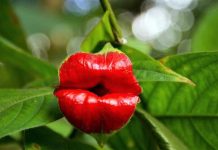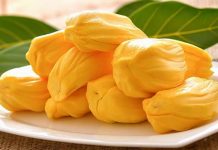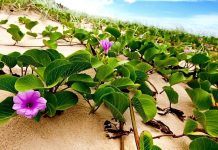Family: Poaceae
Synonym: Panicum italicum L.
Bengali/Vernacular name: Kaon, Kangui, Kanti dana.
Tribal name: Kawn chail (Chakma), Sha-khee (Chak), Chatong (Khumi), Bu he tun (Lushai), Shenney-bawn (Rakhaing), Koin dhan (Tanchangya), Maishi (Tripura).
English name: Italian millet, Dwarf setaria, Fox-tail millet, Liberty millet, Bristle grass.
Description of the Plant: An annual grass with erect stem, simple, up to 1.5 m high. Leaves linear or lanceolate-linear, acuminate, 20-40 cm long, 1.5- 3 cm wide. Panicles 8-20 cm long, bristles 1-3, often shorter than the spikelets. Spikelets elliptical, slightly convex, 2.5-3 mm long.
Plant parts Used: Seed, root.
Traditional
Uses: Seeds of the plant are administered for the treatment of cholera
and fever.
A paste made with the grain is applied to
the affected part of the body for the treatment of fractured bone, and
rheumatism.
White seeds are refrigerant, used in the treatment of cholera and fever.
The germinated seed of yellow-seeded cultivars is astringent, emollient, and
stomachic.
Seeds are used in the treatment of dyspepsia,
and poor digestion.
Decoction prepared from the roots of the herb is advised to take for the
treatment of dyspepsia.
Distribution: This species less frequently occurs in the northern and northeastern parts of the country.
Is this plant misidentified? If yes, please tell us….














